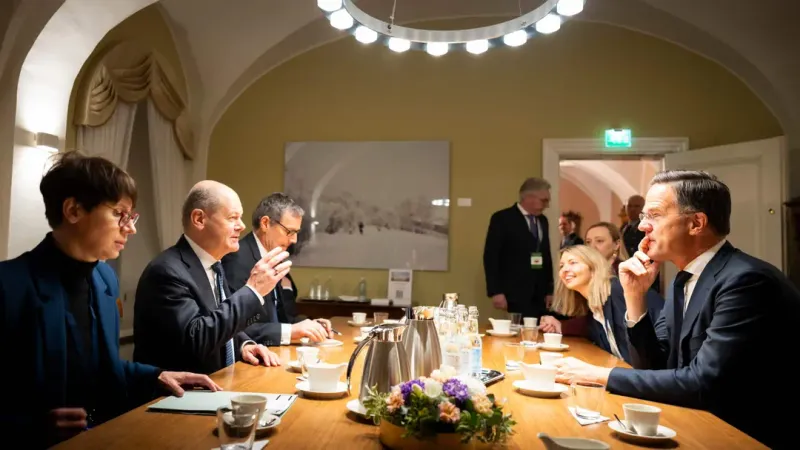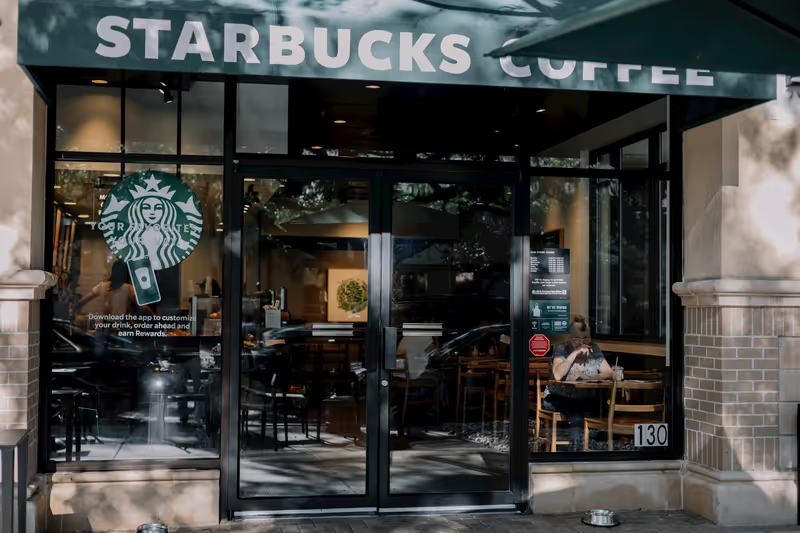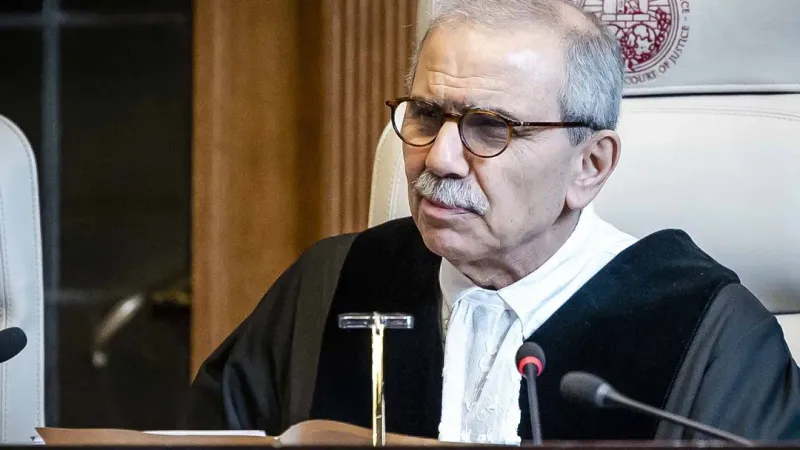Angela Merkel Wins UN Refugee Prize
Former German Chancellor Angela Merkel was awarded the Nansen Prize by the UN Refugee Agency (UNHCR) on Tuesday. She was recognized for accepting more than 1M mostly Syrian refugees and asylum seekers into Germany during her time in office.

Facts
- Former German Chancellor Angela Merkel was awarded the Nansen Prize by the UN Refugee Agency (UNHCR) on Tuesday. She was recognized for accepting more than 1M mostly Syrian refugees and asylum seekers into Germany during her time in office.
- The UNHCR selection committee highlighted Merkel's "leadership, courage, and compassion." UNHCR chief Filippo Grandi said Merkel upheld human rights and humanitarian principles during the height of the 2015-2016 migrant crisis.
- In both years, which also marked the height of the Syrian conflict, Germany, under then-chancellor Merkel, accepted more than 1.2M refugees and asylum seekers. Critiques of Merkel’s decision became a pillar of the platform for the right-wing Alternative for Germany party (AfD).
- At the time, Merkel, who headed the German government for 16 years, said the situation put "European values" to the test. While speaking of a "humanitarian imperative" to welcome the people, she called on German citizens to reject divisive nationalism.
- UNHCR's Nansen Award was created in 1954 in honor of Norwegian explorer, scientist, and diplomat Fridtjof Nansen, to acknowledge outstanding contributions to the protection of refugees. Nansen was the first commissioner for refugees in the League of Nations — the UN's predecessor.
- Merkel will receive her award and the $150K (€151,700) prize money at a ceremony in Geneva on Oct. 10, where four regional winners will also be honored.
Sources: Euro, Al Jazeera, Spectrum, Lemonde, Associated Press, and Info Migrants.
Narratives
- Narrative A, as provided by Politico. While Merkel is now celebrated for her supposed humanism, the reality of the situation was much different. Merkel only expected a total of several hundred thousand refugees at the end of 2015 and had hoped for burden sharing amongst European countries. She was wrong on both accounts and through her naïve open-door policy, she ensured the rise of nationalism across Europe.
- Narrative B, as provided by Guardian. By awarding this prestigious prize to Angela Merkel, the UNHCR has sent a very important signal. Perhaps it will also succeed in drawing the international community's attention to the fact that, according to the agency, for the first time more than 100M people worldwide have been forcibly displaced due to various conflicts. These migrants urgently need help now, and Merkel's humanitarianism is an inspiration for today.
- Establishment-critical narrative, as provided by New York Times. With all the Western talk of "values" and the need to protect refugees, Western media often neglects to mention the underlying causes of the migration in question and those contributing the crisis. For example, the US "wars on terror" have caused tens of millions of people in the Middle East to flee over the past twenty years. These upheavals are not isolated incidents but rather part of larger geopolitical posturing whose repercussions often get swept under the rug.






